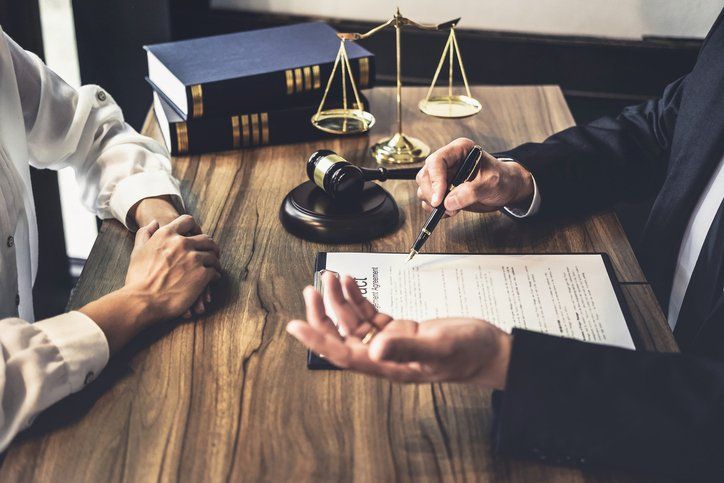When you file for Chapter 13 bankruptcy, an order for relief – called an automatic stay – goes into effect. The automatic stay will prevent creditors from harassing you about debts related to foreclosure, credit cards, repossession, payday loans, medical bills, and many other debts. Chapter 13 payment plans range from three to five years based on your income and other circumstances. During the period of your repayment plan and while your bankruptcy’s automatic stay is in place, creditors are forbidden to start or continue collection efforts.
Chapter 13 bankruptcy has several advantages over Chapter 7 bankruptcy. For example, under a Chapter 13 bankruptcy, a family facing foreclosure has an opportunity to save their home. Under the provisions of a Chapter 13 bankruptcy, all debts, including mortgages, are spread out over a period of usually 3 to 5 years – the life of the bankruptcy. The same provisions also apply to other secured debts and allow debtors to reschedule the payment of these debts on terms that take into account their present financial statuses and abilities.
Secondly, filing for Chapter 13 bankruptcy is beneficial in the sense that it offers protection for third parties involved in all the applicant’s debts. This means that co-signatories who signed for loans in conjunction with the debtor are no longer obligated after the bankruptcy filing. Chapter 13 bankruptcy can also be an efficient way of dealing with debt for individuals who may not possess the requisite financial expertise to create their own repayment plan. Under a Chapter 13 bankruptcy, all non-dischargeable debts are put together into what can be described as a consolidated loan. Managing the clearance of this loan over the life of the bankruptcy is a task assigned to a professional trustee. It is the work of the trustee to design a repayment plan, based on your monthly income, to clear this “loan.” Clearing debts and loans through a trustee in this way also has the advantage of saving you from harassment by creditors, since all creditors obtain their payments through the trustee and are barred from directly asking you for payment. The only way creditors can request any direct payment from you during bankruptcy is with a legally-obtained court order.





